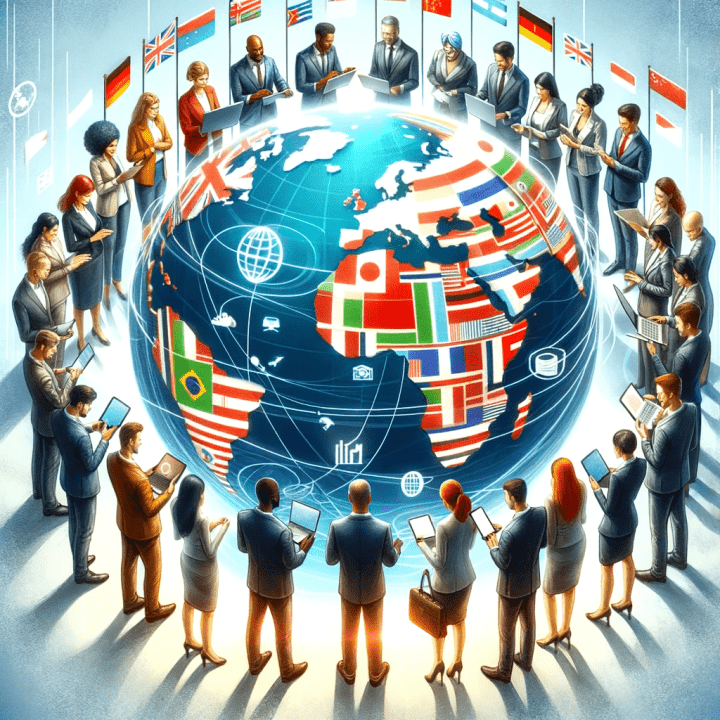Globalization is the process by which economies around the world become increasingly interconnected. It allows countries to trade goods, services, and capital more freely, and it has had a profound impact on national economies. While globalization has led to economic growth and development for many countries, it also has challenges and downsides.
One of the main benefits of globalization is the increase in trade. Globalization allows countries to specialize in producing goods that they are most efficient at, and then trade with other nations for goods they need. This creates a more efficient global economy, as resources are allocated based on a country’s strengths. For example, a country that is rich in natural resources may focus on exporting raw materials, while another country with advanced technology may focus on producing high-tech goods.
Globalization also leads to economic growth by providing access to larger markets. Companies can sell their products in multiple countries, expanding their customer base and increasing profits. This, in turn, leads to job creation and higher incomes in the exporting country. Consumers benefit as well, as they have access to a wider variety of goods and services at lower prices.
However, globalization also presents challenges. It can lead to job losses in industries that are unable to compete with foreign producers. For example, if a country imports cheaper textiles from abroad, domestic textile factories may shut down, causing unemployment. Additionally, globalization can increase income inequality, as highly skilled workers benefit more from global opportunities than low-skilled workers.
Another issue with globalization is the risk of economic dependence. Countries that rely heavily on exports or foreign investment may be vulnerable to changes in the global economy. For example, if a country’s main trading partner experiences an economic downturn, it can negatively impact the exporting country’s economy.
Moreover, globalization can lead to environmental problems. As companies strive to produce goods at the lowest cost, they may exploit natural resources and pollute the environment. This can harm local ecosystems and contribute to global challenges like climate change.
In conclusion, globalization has both positive and negative effects on national economies. It promotes economic growth and trade but also creates challenges such as job displacement, income inequality, and environmental damage. Countries need to find ways to benefit from globalization while minimizing its negative impacts, such as by investing in education, supporting workers in affected industries, and implementing sustainable practices.














Post Comment